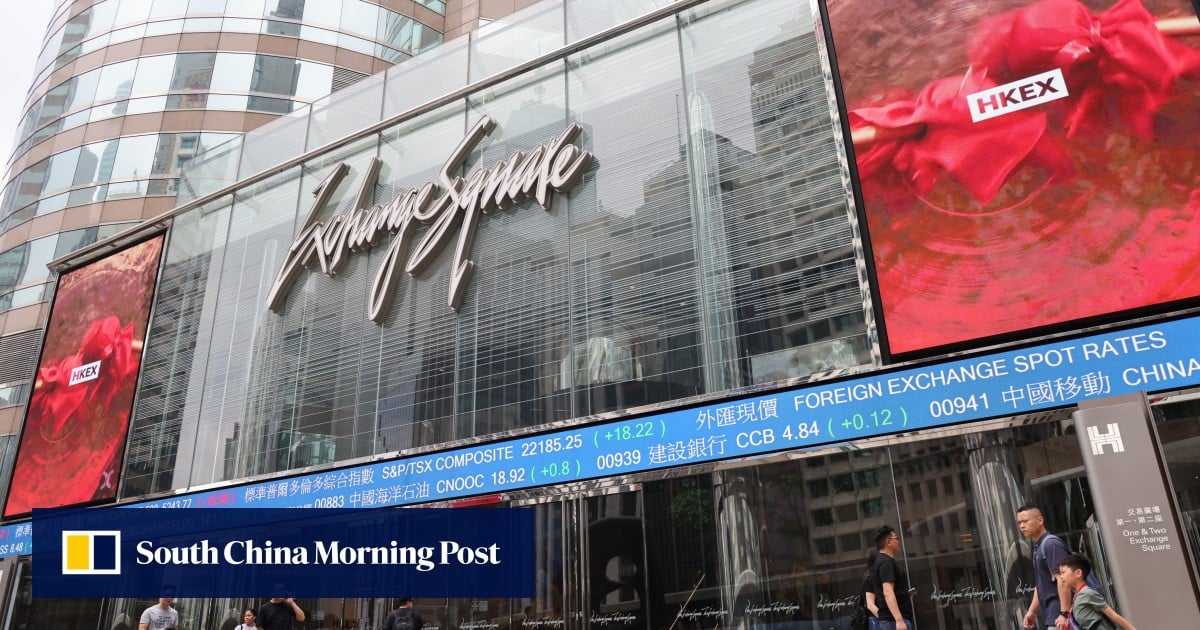
05 Apr Hong Kong stocks retreat as traders temper US rate-cut bets amid sticky inflation concerns

The Hang Seng Index weakened 1.1 per cent to 16,544.39 at 10.20am local time, reversing an earlier gain of as much as 0.7 per cent. The Tech Index declined 1.8 per cent to a one-month low. Financial markets in mainland China are closed for a public holiday.
WuXi Biologics slumped 6 per cent to HK$13.20 while its affiliate WuXi AppTech tumbled 5.9 per cent to HK$35. E-commerce platform operator Alibaba Group slipped 0.7 per cent to HK$69.85, peer JD.com fell 3.1 per cent to HK$101.20 and online travel agency Trip.com lost 2.1 per cent to HK$370.60.
Sticky inflation may close the door on US rate cuts this year, Neel Kashkari, president of the Minneapolis Federal Reserve Bank, said in an interview with Pensions & Investments on Thursday.
“If we continue to see inflation moving sideways, then that would make me question whether we need to do those rate cuts at all,” said Kashkari, who last month projected two rate cuts in 2024. “There’s a lot of momentum in the economy right now.”
Buying binge by China’s ‘national team’ bloats CSI 300 ETFs
Buying binge by China’s ‘national team’ bloats CSI 300 ETFs
There is a 54.3 per cent chance of a rate cut at the Fed’s June meeting, compared with 61.8 per cent one day earlier, according to data compiled by CME Group based on Fed fund futures. US consumer prices rose at an annual pace of 3.2 per cent in February, quickening from 3.1 per cent in January.
The Hang Seng index is still 0.1 per cent higher from last Friday in a holiday-shortened week, adding to a 0.3 per cent gain in the preceding week. Some HK$93 billion worth of stocks changed hands so far this week, versus HK$113.5 billion last week, according to Bloomberg data.
Other key Asian markets fell. The Nikkei 225 Index in Japan lost 2.1 per cent while the Kospi Index in South Korea declined 0.6 per cent and the S&P/ASX 200 in Australia declined 0.7 per cent.
